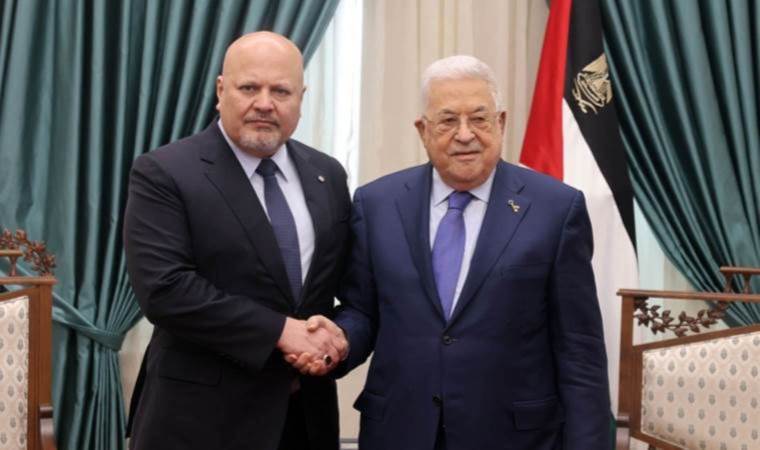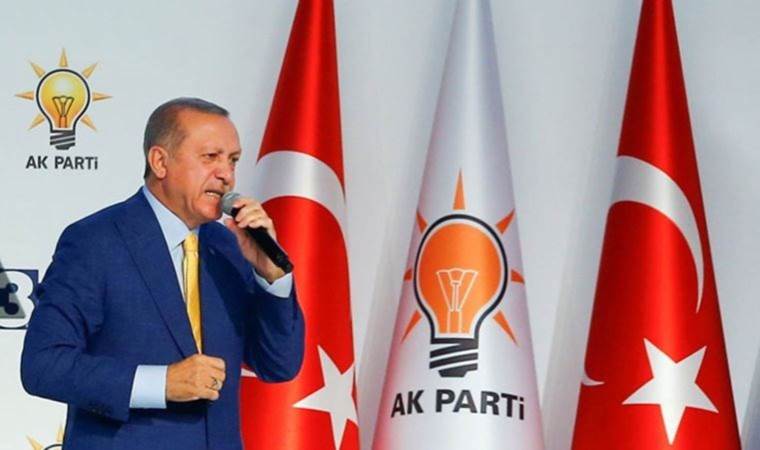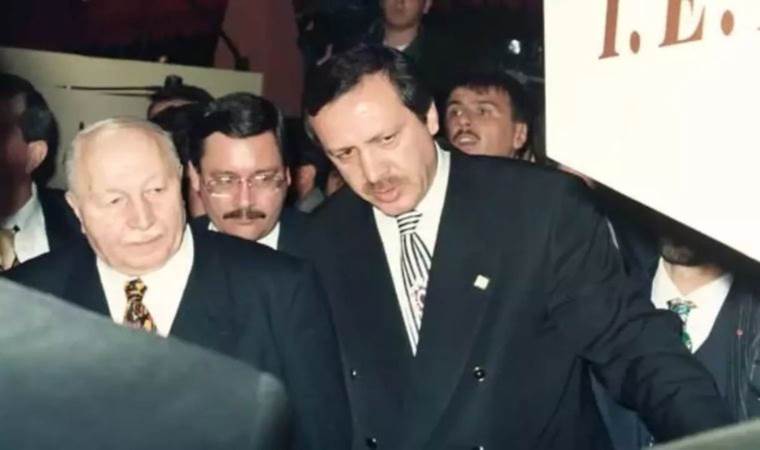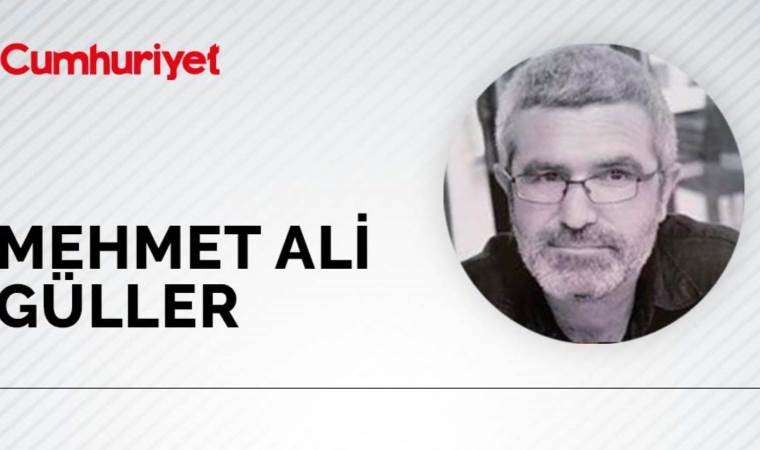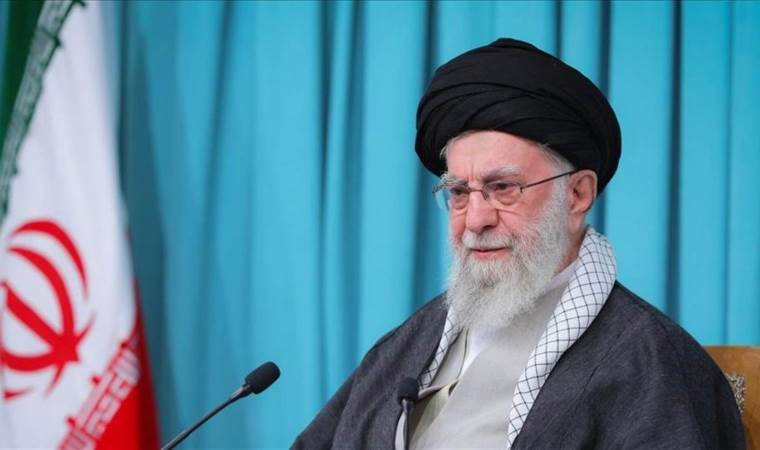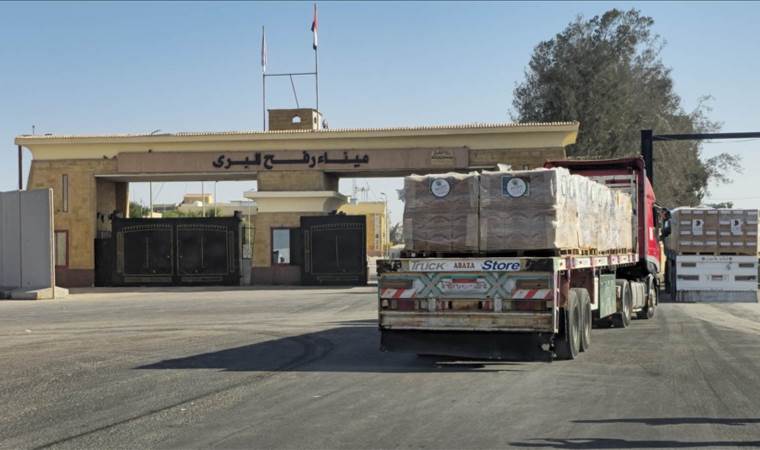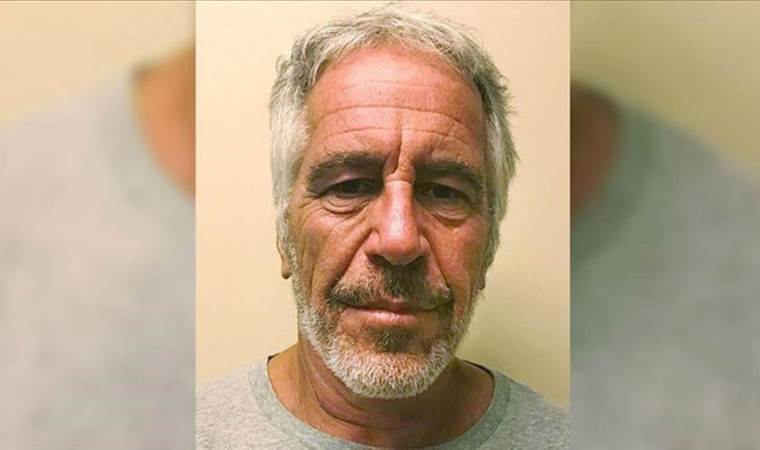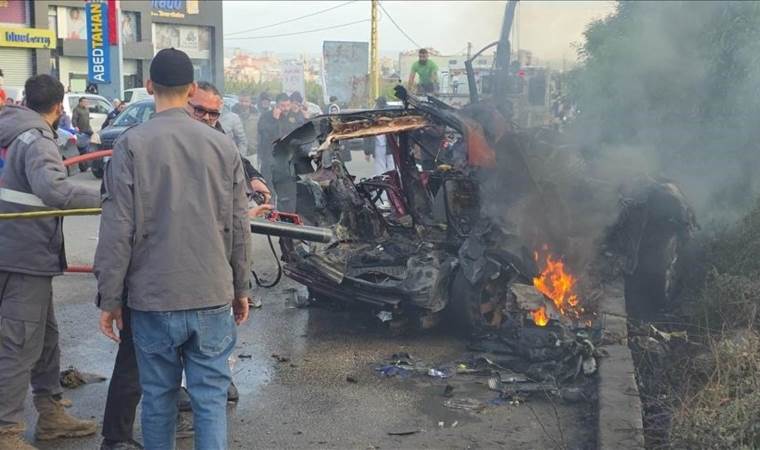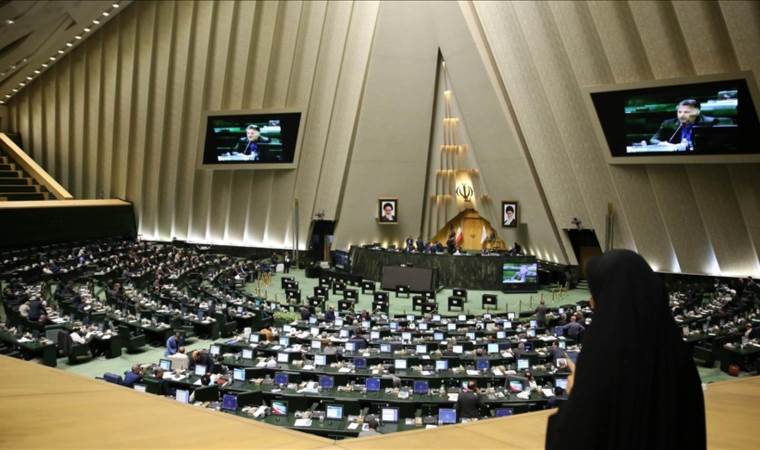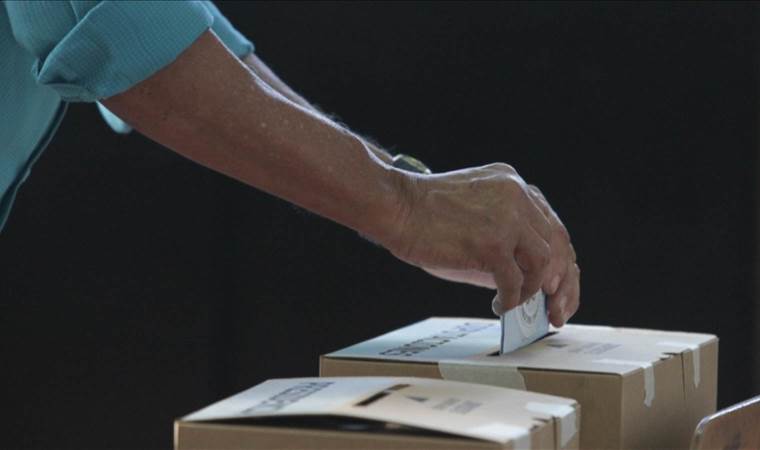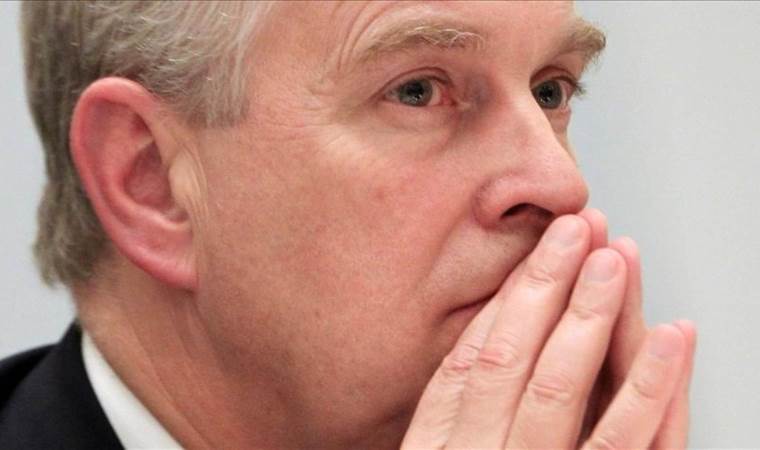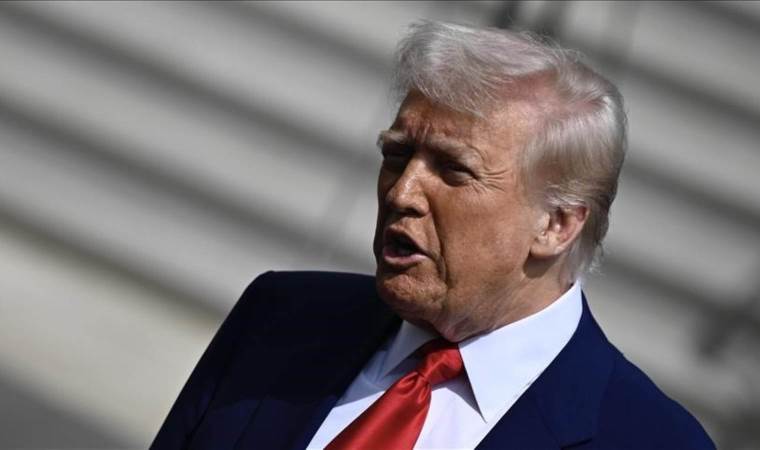Mahmoud Abbas visits Turkiye: Key issues on the agenda
Palestinian Authority President Mahmoud Abbas is set to visit Turkiye today following his engagements in Russia, at a time when tensions in the Middle East risk escalating into a regional conflict. Abbas is scheduled to meet with President Recep Tayyip Erdoğan in Ankara and is expected to address the Turkish Grand National Assembly (TBMM) tomorrow.
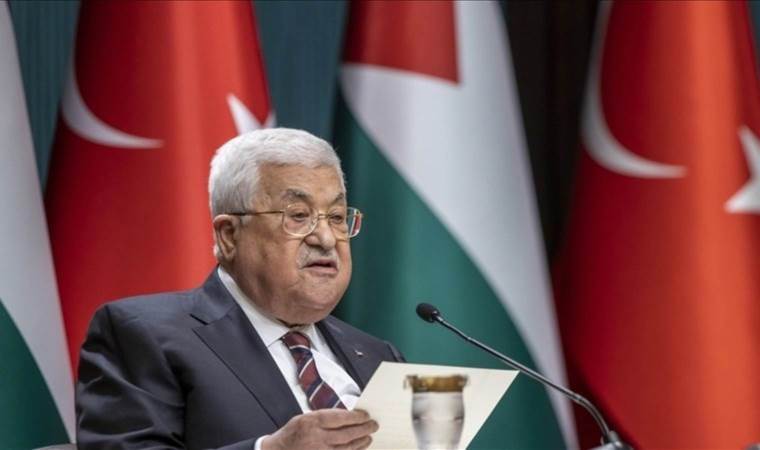
During the meetings with Abbas, topics such as forming a unity government between Hamas's new leadership and Fatah, the Israel-Hamas conflict, and resolving the humanitarian issues in Gaza are expected to be discussed.
After meeting with Russian President Vladimir Putin in Moscow yesterday, Abbas is anticipated to deliver significant messages in Ankara regarding the Palestinian issue and the ongoing Israel-Hamas conflict.
Following their discussions today, Erdoğan and Abbas are expected to hold a joint press conference.
Tomorrow's program at the TBMM will begin with a meeting between Abbas and Speaker of the Parliament Numan Kurtulmuş. Abbas will then address the General Assembly and, afterward, tour a Palestinian-themed photo exhibition with President Erdoğan in the Parliament's Hall of Honor.
The exhibition is said to include photographs from past visits to Turkiye by former Hamas political leader Ismail Haniyeh, who was assassinated in Tehran on July 31. Hamas and Iran have blamed Israel for the assassination, although Israel has neither confirmed nor denied responsibility.
ERDOĞAN'S CRITICISM OF ABBAS
Abbas’s visit to Ankara is particularly noteworthy following President Erdoğan's previous criticisms of him. Erdoğan, along with other Turkish officials, had strongly criticized American Congress members for inviting Israeli Prime Minister Benjamin Netanyahu to speak and giving him a standing ovation.
Some opposition parties in Turkiye accused Erdoğan of "doing nothing but criticize" and questioned why Mahmoud Abbas and Ismail Haniyeh had not been invited to speak at the TBMM.
Responding to these criticisms during a speech in Rize at the end of July, Erdoğan said, "Who says we haven’t invited them? We invited Abbas, but he did not come. He should first apologize to us. We are waiting to see if he will come. Whether he does or not, we continue to voice the necessary concerns for the Palestinian people and our Palestinian brothers at every meeting."
In early August, Erdoğan further elaborated on plans to invite both Abbas and Haniyeh to Ankara, saying, "We were planning to have Mahmoud Abbas speak in our Parliament on the 15th. We also wanted to have my brother Ismail Haniyeh speak here as well. While planning this, the next day, unfortunately, we heard of his martyrdom."
A CRITICAL VISIT DURING A SENSITIVE TIME
Abbas's visit to Ankara is significant due to three key developments in recent times. The first is the assassination of Haniyeh and the subsequent appointment of Yahya Sinwar, known for his hardline stance, as the head of Hamas.
Ankara, which had close ties with Haniyeh, has long worked to promote unity between Hamas and Fatah. Although Hamas and Fatah announced on July 23, with China’s mediation, that they had agreed to form a national unity government, it remains unclear how this process will evolve following Haniyeh’s death. Abbas's message on Palestinian unity during his speech in Parliament is highly anticipated.
The second major development is Iran’s announcement that it will retaliate against Israel, which it holds responsible for Haniyeh's assassination.
During a meeting with journalists on August 13, U.S. Ambassador to Turkiye Jeff Flake stated, "We are asking all our allies with ties to Iran, including Turkiye, to persuade Iran to de-escalate tensions."
WILL NEGOTIATIONS RESUME?
The day of Abbas's speech in Parliament is also significant as it coincides with the targeted date for resuming Israel-Hamas ceasefire talks, which were interrupted by Haniyeh’s assassination.
On August 12, U.S. Secretary of State Antony Blinken, during a phone call with Turkish Foreign Minister Hakan Fidan, emphasized the importance of Hamas returning to the negotiating table.
Fidan also discussed the situation yesterday in phone calls with the foreign ministers of Qatar and Egypt, both of whom are mediators in the negotiations.
Turkiye has long called for a ceasefire and has maintained that the resolution to the conflict lies in the establishment of a Palestinian state.
Most Read News
-
 Gradual integration
Gradual integration
-
 Iran’s Khamenei warns of regional war in case of US atta
Iran’s Khamenei warns of regional war in case of US atta
-
 Israel reopens Gaza's Rafah crossing ‘in pilot operation
Israel reopens Gaza's Rafah crossing ‘in pilot operation
-
 Epstein signed $25M agreement with Rothschild Group in 2
Epstein signed $25M agreement with Rothschild Group in 2
-
 Israel launches drone strike on vehicle in southern Leba
Israel launches drone strike on vehicle in southern Leba
-
 Iranian parliament designates European armies as ‘terror
Iranian parliament designates European armies as ‘terror
-
 Costa Rica votes with security in mind as conservatives
Costa Rica votes with security in mind as conservatives
-
 Starmer urges Prince Andrew to testify before US Congres
Starmer urges Prince Andrew to testify before US Congres
-
 Trump says Iran 'seriously talking' to US
Trump says Iran 'seriously talking' to US
